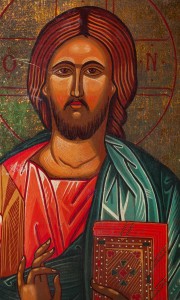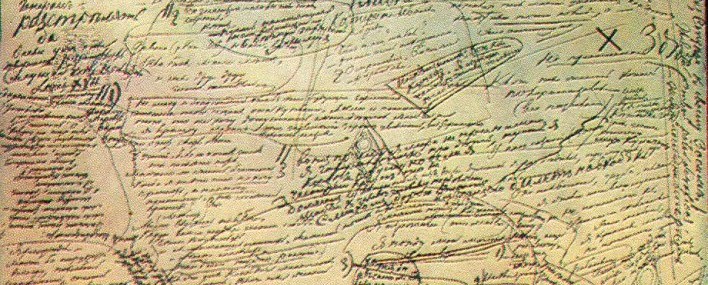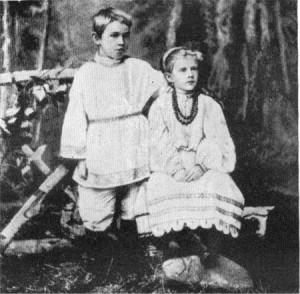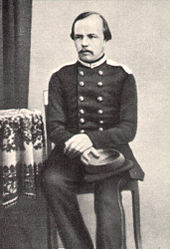Jesus wasn’t afraid to be graphic. When driving home a major point, He used strong metaphors—like amputating hands or plucking out eyes if they lead you astray.
Jesus offended people in his first lesson on communion, saying they’d have to drink His blood and eat His flesh. (John 6)
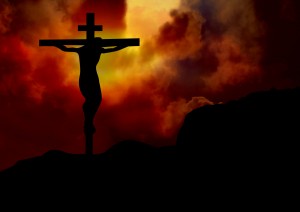 And He’s willing to go way beyond metaphors when everything is at stake. His crucifixion—a most violent death—was necessary to resolve our separation from God.
And He’s willing to go way beyond metaphors when everything is at stake. His crucifixion—a most violent death—was necessary to resolve our separation from God.
No mild mannered version of Jesus will do.
What’s the underlying message? What is He saying with such bold language and sacrificial actions?
“I want you all in.”
And so the question is on the table—“Are you?”
It starts by having a real relationship with God. You can’t settle for religious activity. Your internal life has to match your external life. In the words of James Ryle, you have to grow to the point where you have nothing to fear, nothing to hide, nothing to prove, and nothing to lose. And you have to let God be God—refusing to shape Him into the modern day image of what seems socially acceptable.
God is God, and we are not. Scripture is pretty graphic when we don’t get that right.
“Is the axe to boast itself over the one who chops with it?
Is the saw to exalt itself over the one who wields it?
That would be like a club wielding those who lift it,
Or like a rod lifting him who is not wood.
Therefore the Lord, the God of hosts,
Will send a wasting disease among his stout warriors;
 And under his glory a fire will be kindled like a burning flame.
And under his glory a fire will be kindled like a burning flame.
And the light of Israel will become a fire and his Holy One a flame,
And it will burn and devour his thorns and his briars in a single day.
And He will destroy the glory of his forest
And of his fruitful garden, both soul and body,
And it will be as when a sick man wastes away.
And the rest of the trees of his forest will be so small in number
That a child could write them down.”
–Isaiah 10:15-19 (NASB)
In other words, Jesus is the head, and we are not. We are the body. All this is to prepare you for a startling and disturbing dream I had one night.Continue reading

